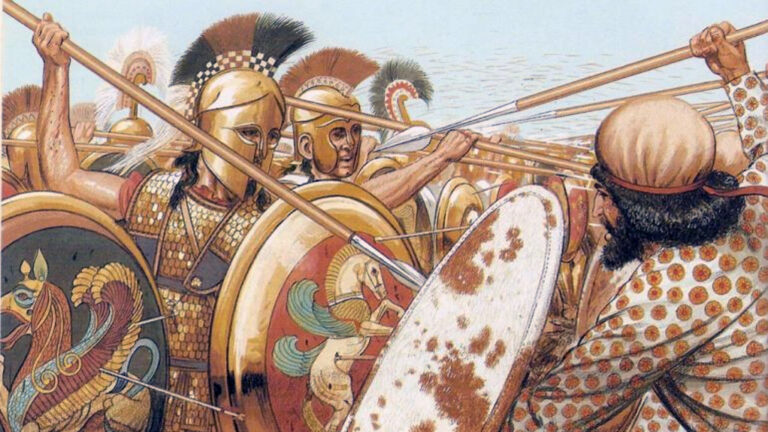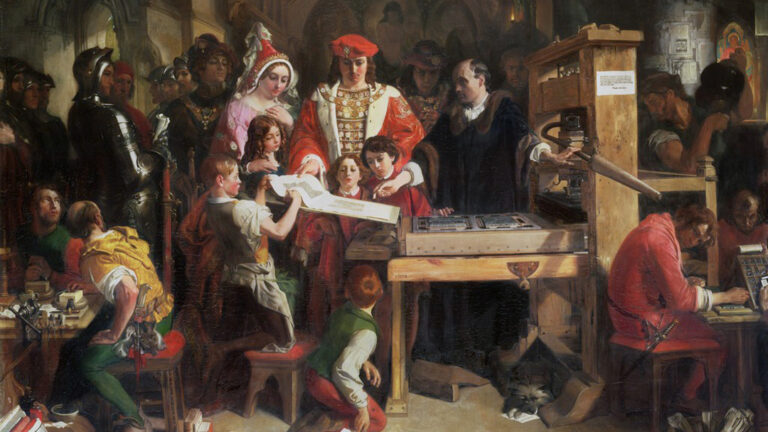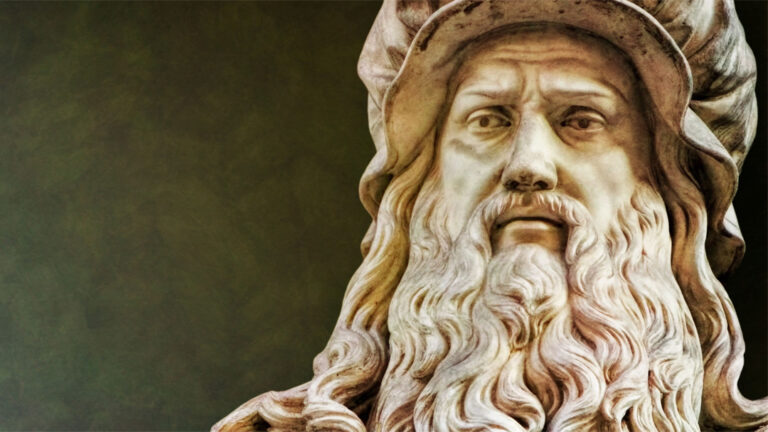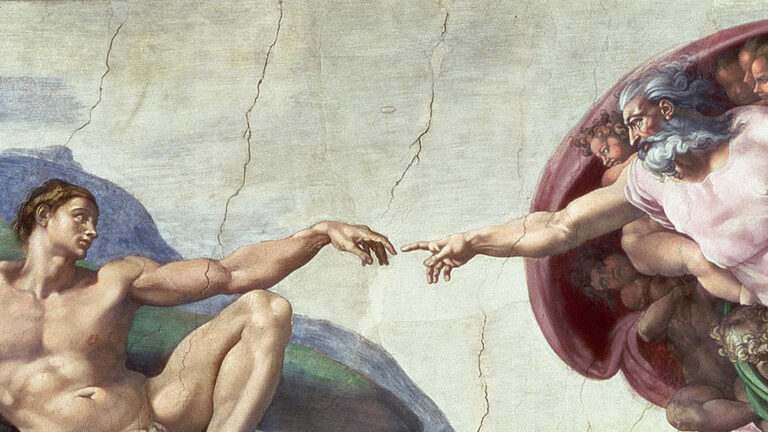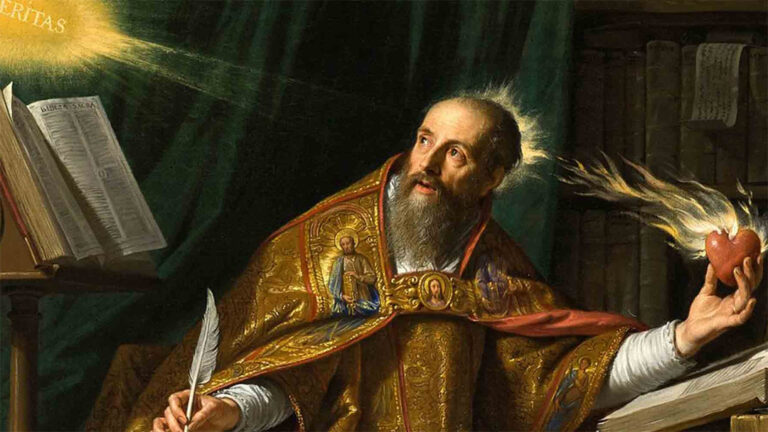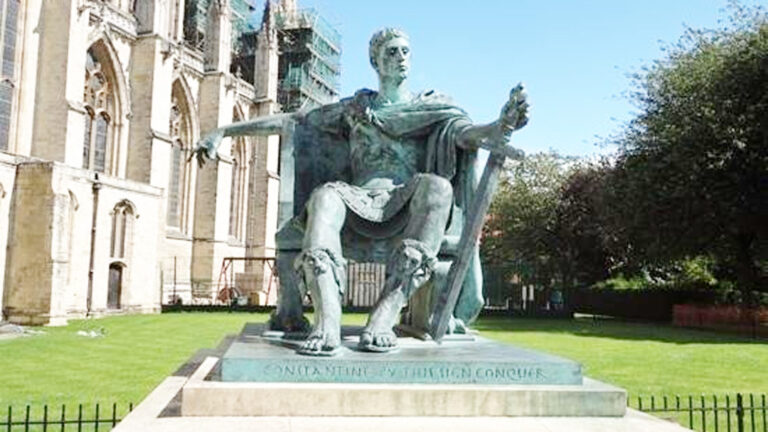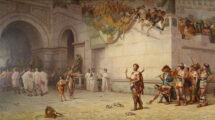One of the earliest, most formative thinkers and writers of Christianity was St. Augustine of Hippo.Many of his words survived to shape Western thought through the present day, including the following quotes/paraphrases:
“Love the sinner and hate the sin.”
“An unjust law is no law at all.”
“God judged it better to bring good out of evil than to suffer no evil to exist.”
Steward: We will now have a Moment of Silence for: __(decide locally)___. [about 20 second pause].
This prelude by Sergei Rachmaninoff is from a set of five written very early in his career, at 19 years old. Its popularity was fundamental in launching his fame internationally. Rachmaninoff capitalized on that fame and left his native Russia for the United States after the bloody October Revolution in 1917. He remained a popular and prolific composer and pianist in the States until his death in 1943.
Steward: We will now have a discussion on the following topic:
Discussion: Confessions of St. Augustine
Augustine told this story in his Confessions as an example of how he sought truth:
I was saying these things and weeping in the most bitter contrition of my heart, when suddenly I heard the voice of a boy or a girl I know not which — coming from the neighboring house, chanting over and over again, “Take up and read; take up and read.” Immediately I ceased weeping and began most earnestly to think whether it was usual for children in some kind of game to sing such a song, but I could not remember ever having heard the like. So, damming the torrent of my tears, I got to my feet, for I could not but think that this was a divine command to open the Bible and read the first passage I should light upon. For I had heard how Anthony, accidentally coming into church while the gospel was being read, received the admonition as if what was read had been addressed to him: “Go and sell what you have and give it to the poor, and you shall have treasure in heaven; and come and follow me” (Matt. 19:21). By such an oracle he was forthwith converted to thee. So I quickly returned to the bench where Alypius was sitting, for there I had put down the apostle’s book when I had left there. I snatched it up, opened it, and in silence read the paragraph on which my eyes first fell: “Not in rioting and drunkenness, not in chambering and wantonness, not in strife and envying, but put on the Lord Jesus Christ, and make no provision for the flesh to fulfill the lusts thereof” (Rom. 13:13). I wanted to read no further, nor did I need to. For instantly, as the sentence ended, there was infused in my heart something like the light of full certainty and all the gloom of doubt vanished away.
- Where can we find truth?
- How do we know when something is true?
- What resources can we trust to teach us truth?
- What efforts are required to find and learn truth?
- Why is it important to seek out truth?
- Which truths are most important to learn?
- How does knowing truth affect our actions?
Congregant: Closing words of inspiration.
“The good man, though a slave, is free; the wicked, though he reigns, is a slave, and not the slave of a single man, but — what is worse — the slave of as many masters as he has vices.”
“Bad times, hard times, this is what people keep saying; but let us live well, and times shall be good. We are the times: Such as we are, such are the times.”
“Since you cannot do good to all, you are to pay special regard to those who, by the accidents of time, or place, or circumstance, are brought into closer connection with you.”
Extend an invitation/commitment to apply one thing learned this week.
Steward: Take contributions from group made payable to Ethical Overlay. [Take cash, checks, or commitments to pay online].
[Adjournment]
Announcements after adjournment
